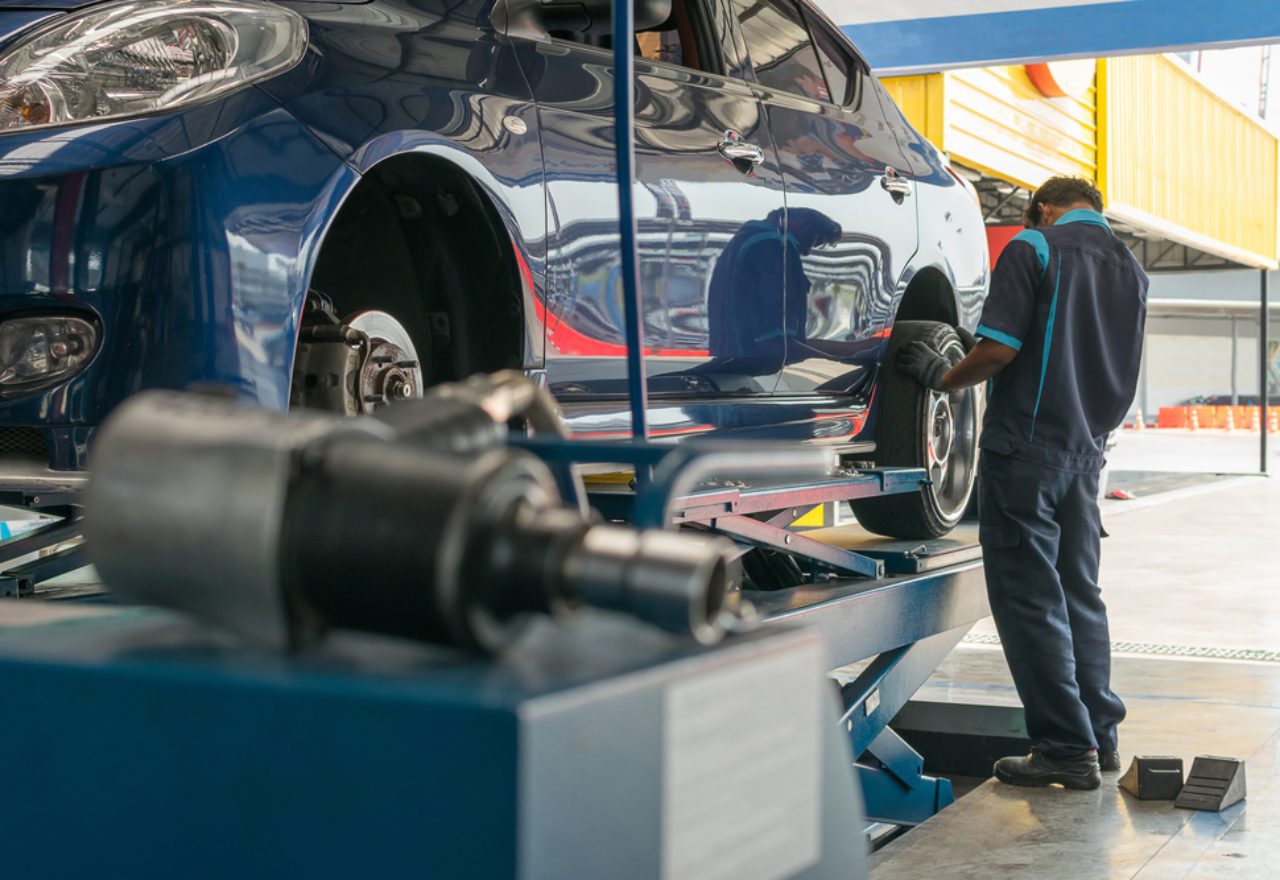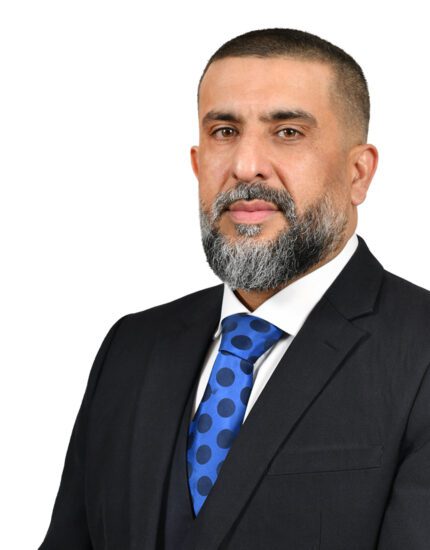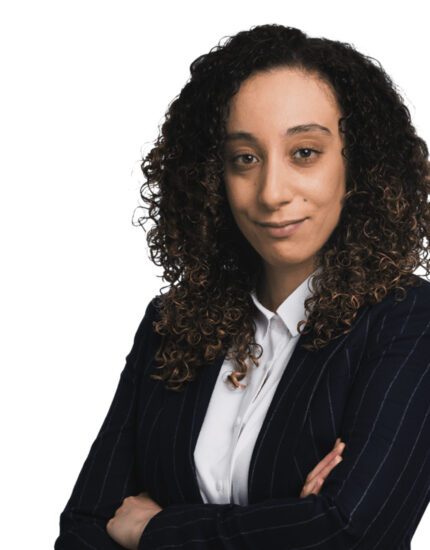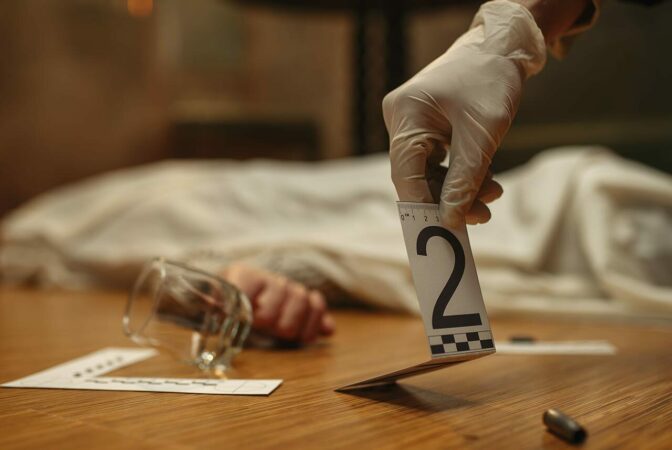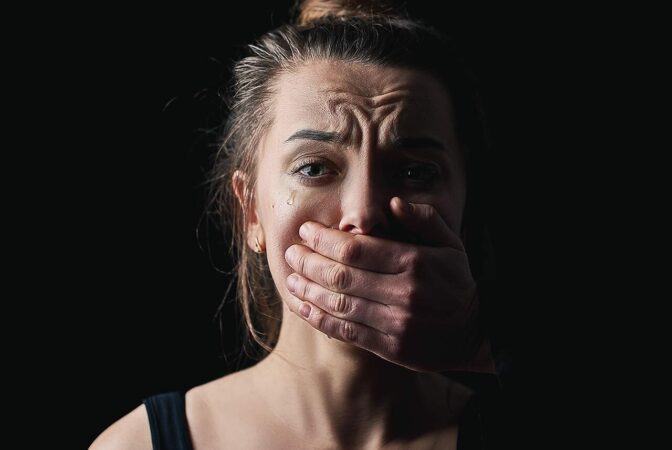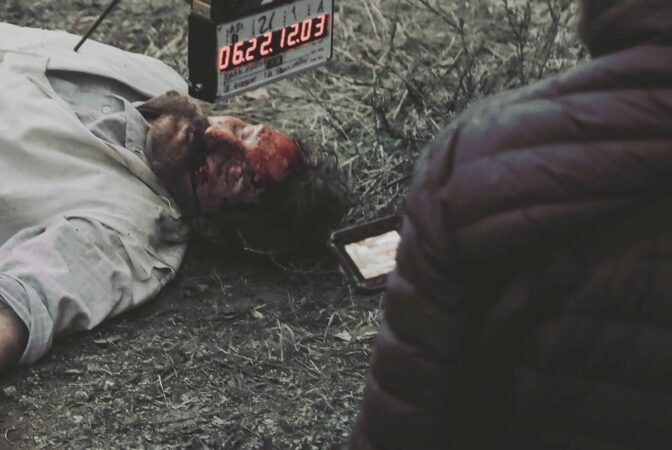Mr S was accused of being complicit when a mechanic was knifed three times by another man after refusing to carry out work on their cars.
A controversial law known as joint enterprise enabled Mr S to be convicted of grievous bodily harm despite not actually committing the attack.
Prosecutors argued that Mr S must have reasonably known that his co-defendant was likely to inflict violence.
But Mr S – a family man with no criminal record – instructed Stuart Miller Solicitors to prove otherwise.
A spokesman for the London law firm explained: “The case against our client was put forward as a ‘joint enterprise’.
“This meant that although the prosecution accepted that our client was not the stabber, they asserted that by his association, presence, encouragement and assistance he too was guilty of the stabbing.
“Although our client admitted that he was present during the stabbing, he maintained that he was innocent and had no knowledge or foresight that his co-defendant was going to stab the victim.
“Our client is a family man and never been in trouble with the police before. Being found guilty of the offence could have landed him in prison facing a 12-year sentence.”
A fight erupted between the victim and Mr S’s co-defendants when he refused to do work on the cars.
The brawl was broken up and the group disbursed – only for Mr S and the other man to return to the garage.
The victim was grabbed by the collar when the attacker pulled a knife from his jacket pocket and stabbed him three times.
Prosecutors alleged that CCTV footage obtained by police showed Mr S deliberately holding back the mechanic so his co-defendant was able to stab him.
But extra footage obtained by Stuart Millar Solicitors backed up Mr S’s insistence that he had no idea a knife would be wielded – or that any serious harm was about to be done.
The new footage also crucially revealed that Mr S was trying to break up the fight – rather than encourage violence.
The Crown Prosecution Service immediately decided to drop the case after being presented with the new evidence.
A spokesman said: “We took a proactive approach and persistently pushed for further disclosure of additional CCTV, which we believed would prove our client’s innocence or create reasonable doubt in the minds of the jury.”
